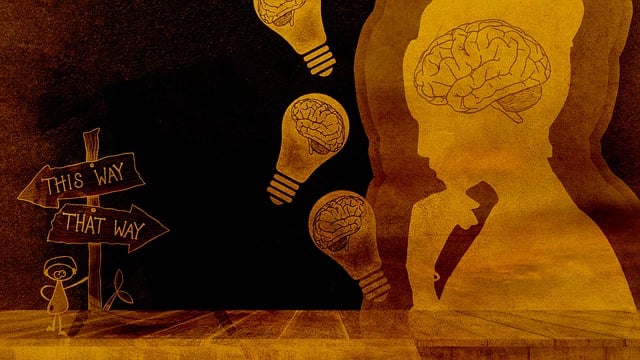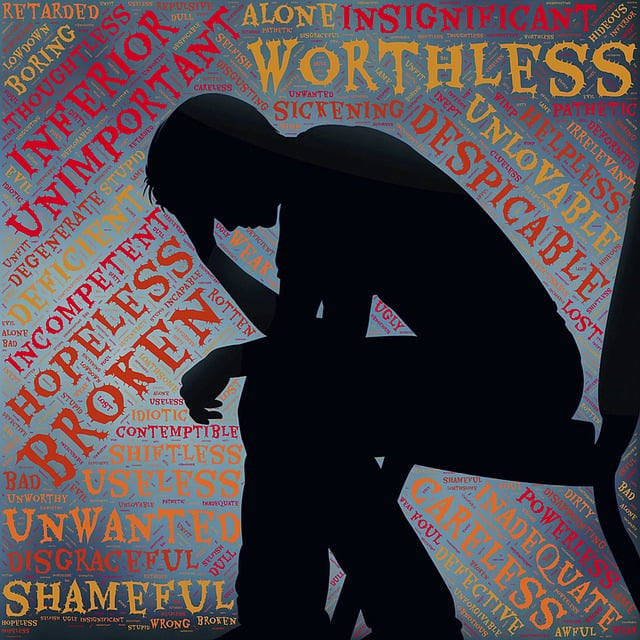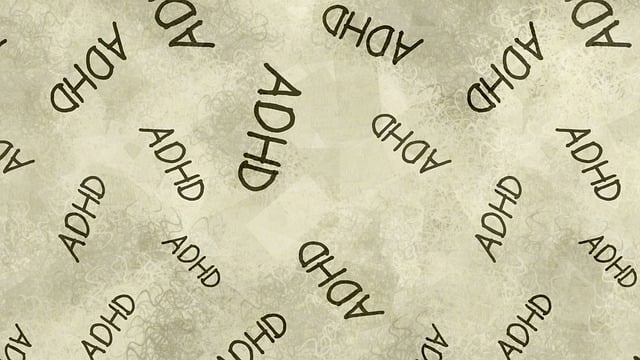In today's fast-paced world, mental health crises can strike unexpectedly, leaving veterans feeling isolated and desperate for immediate support. Crisis hotline services provide crucial, confidential therapy tailored to address PTSD, anxiety, and depression commonly experienced by veterans. These services offer empathy building strategies, social skills training, and stigma reduction efforts, encouraging help-seeking behaviors in a culture of care. Through individual or group sessions, veterans learn coping strategies, process traumatic memories, and build resilience. 24/7 access to these lifelines serves as a vital safety net, empowering veterans to take control of their mental health and overcome challenges on their journey to wellness.
In today’s fast-paced world, mental health crisis hotline support services play a pivotal role in saving lives. With increasing rates of anxiety, depression, and PTSD, understanding the need for these lifelines is more crucial than ever. This article explores the significance of crisis hotlines, focusing on therapy specifically tailored for veterans. We delve into how specialized services address unique challenges faced by those who serve, emphasizing accessible and effective utilization to ensure no veteran feels isolated during a mental health crisis.
- Understanding the Need for Crisis Hotlines in Mental Health Support
- The Role of Therapy in Crisis Hotline Services for Veterans
- Accessing and Utilizing These Lifesaving Resources Effectively
Understanding the Need for Crisis Hotlines in Mental Health Support

In today’s fast-paced world, mental health crises can arise unexpectedly, leaving individuals feeling isolated and desperate for immediate support. This is where crisis hotline services play a pivotal role in providing much-needed relief and guidance. These hotlines serve as a vital safety net, offering confidential and accessible therapy to those grappling with various mental health challenges, including post-traumatic stress disorder (PTSD) commonly experienced by veterans. Therapy for veterans has been recognized as an essential component of crisis intervention, given the unique traumas they often face.
The effectiveness of these hotlines lies in their ability to offer immediate empathy building strategies and social skills training over the phone, ensuring individuals feel heard and supported during their time of distress. Moreover, by fostering open conversations, these services contribute to mental illness stigma reduction efforts, encouraging help-seeking behaviors and promoting a culture of care and understanding.
The Role of Therapy in Crisis Hotline Services for Veterans

In crisis hotline services catering to veterans, therapy plays a pivotal role in providing holistic support for their unique mental health challenges. Many veterans face complex issues stemming from military experiences, including post-traumatic stress disorder (PTSD), anxiety, and depression. Qualified therapists who specialize in trauma-informed care can offer evidence-based treatments tailored to these specific needs. Through one-on-one sessions or group therapy, veterans can learn coping strategies, process traumatic memories, and develop resilience.
The Mental Wellness Podcast Series Production often incorporates expert interviews and personal narratives to educate listeners about available resources, including crisis hotline services. Topics such as Social Skills Training and Anxiety Relief are integral to helping veterans reintegrate into civilian life and navigate their mental wellness journeys effectively. These therapeutic approaches empower individuals to take control of their mental health and foster a sense of stability and balance.
Accessing and Utilizing These Lifesaving Resources Effectively

Accessing and utilizing mental health crisis hotline support services effectively is a crucial step in managing and overcoming challenging situations. These resources are designed to provide immediate assistance and guidance, offering a safe space for individuals to express their concerns and seek help. Many hotlines offer confidential conversations with trained professionals who can connect people with appropriate local resources, including therapy options tailored for veterans, ensuring they receive the specialized care they deserve.
Effective use involves being clear and concise when reaching out, explaining the nature of the crisis and any specific needs. Hotline operators can then direct individuals to relevant services, such as mental health education programs designed to build inner strength and stress management workshops organized by supportive organizations. Remember, these lifelines are accessible 24/7, offering a vital safety net during times of distress.
Mental health crisis hotline support services play a crucial role in providing immediate assistance and guiding individuals through acute distress. By offering accessible resources, these hotlines empower people to seek help without barriers. In the context of veterans’ mental health, specialized therapy integrated into crisis hotline services ensures tailored care for unique challenges faced by this demographic. Effective access and utilization of these lifesaving resources can lead to positive outcomes, making crisis hotlines a vital component in our overall approach to mental well-being.












